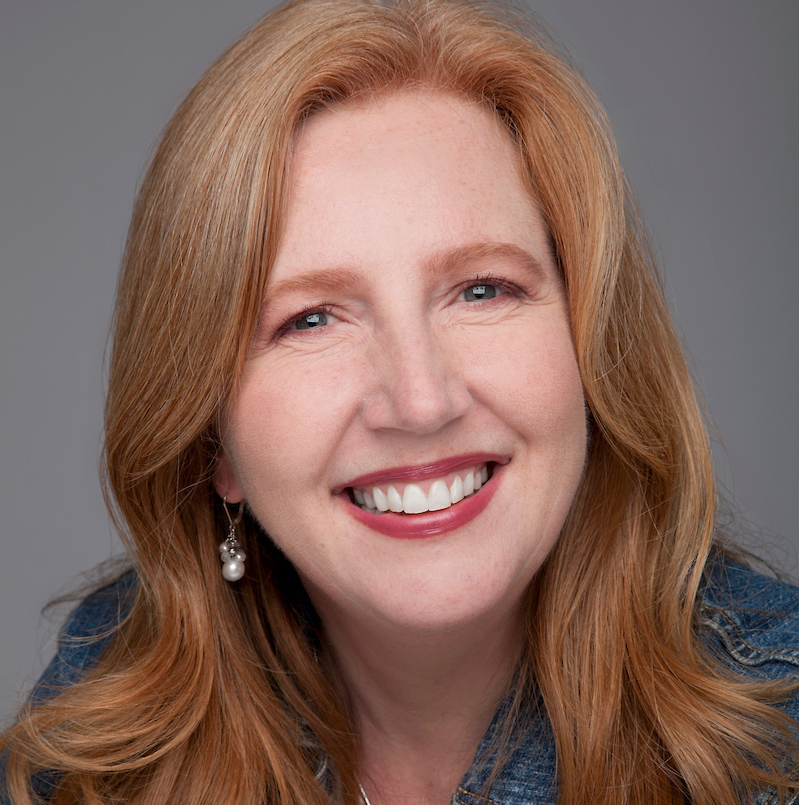Cynthia Scheiderer
We have an APA mandated doctoral level competency of health service psychology called individual and cultural differences. How do you now understand the ICD competency and what are some of the strengths and weaknesses?
I understand ICD as a way of wriggling off the hook. It puts the focus on the other, distancing to the point of pathologizing. And it keeps us busy appearing to be doing good work, but in fact lets us avoid looking at whiteness, power, privilege, money and resources, the history and legacy, systems, who benefits. And I’m not sure about any strengths, because I think it does more harm than good. ICD is itself colonizing, it is a way of taking possession of, laying claim to, others’ culture and identity for the benefit of the one doing the claiming — claiming to be good, claiming to be helpful, claiming to be knowledgeable, claiming to be healers, claiming to be generating new knowledge, etc. etc.
The AUS PsyD program is the first in the nation to assert a program specific competency to the commission on accreditation at APA, that competency is titled social justice. What is your current understanding of that professional competency?
It is taking a historical, systems thinking, legacy informed, resources- power- and privilege-aware view of the field and our work, in all aspects of all three areas, scholarship, clinical practice, and advocacy/activism. It means always asking who benefits, and how. It means being willing to give up resources, privilege, and power, especially the privilege and power that goes with being “professional” — the privilege and power to define normal, to generate knowledge, to gatekeep, to establish standards of practice and ethics, to say what we do and how we do it, as though “it” was some Platonic form out there separate from our own culture, history, power, and privilege.
How do the competencies of individual and cultural differences and social justice interact? Where is the congruence and where might be the conflicts?
A social justice perspective offers a critique of the ICD perspective. It points out how self-serving that perspective is — self-serving to the people with agency and status. Maybe — maybe? — it can be a developmental step toward social justice. But it seems more likely to be a place where people get stuck. Does it do anything toward undoing a hierarchical way of viewing the world? I don’t see that it does, I see that it reinforces it.
Using the lens of the individual and cultural differences competency, what does the current state of clinical psychology look like?
It looks like getting more sophisticated about its marketing. It has more and better user profiles to reach more markets and teach people that they need us so they’ll buy what we’re selling. The focus on diversity, access, inclusivity is changing our field to be more appealing and marketable…but toward an unchanged goal, our own institutional/professional survival, hegemony, and privilege. It’s like the process in US history of different immigrant groups being granted the rank of white once it was safe and advantageous to whiteness to do so.
Using the lens of the social justice competency, what does the current state of clinical psychology look like?
It looks like a sophomore (“wise fool”). It looks like a field that thinks it’s way more grown up than it is. Because there has been growth, especially in very recent years; there have been voices all along, and we’ve come a long way from Freud and Jung and Watson and Skinner. But not nearly far enough, which means we’re very likely to reembrace the status quo when push comes to shove, in order to stay comfortable .
In light of this compare and contrast exercise, how do you believe clinical psychology needs to change? (Practice being audacious.)
It needs to get real about the economic pressures and privileges that work powerfully against justice. Follow the money. It needs to drop the white coat envy and create itself and offer itself as a genuine alternative to the medical model and physician model. It needs to do a much better job of defining its ethics, defining what it means to be a clinical psychologist, and paying attention to who the field attracts, who fits in, and who doesn’t.

Cynthia Scheiderer (she/her)
I’ve been challenging the status quo from the get-go. I have a chart from when I was four years old with plenty of gold stars for helping to set the table, but not a single star for “Say ‘ok’ and not ‘why.’” I never stopped asking “why?” and—to my mother’s relief!—I eventually learned to listen for wise answers. Now, after a career that spanned high tech, government, foundations, and owning my own small business, I am pursuing a lifelong dream to become a doctor. I chose the Doctor of Clinical Psychology program at Antioch University Seattle for the opportunity to study with its outstanding faculty and for its genuine commitment to social justice. I wish I could do all the things in psychology, but since that’s not likely, I’ve been exploring neuropsychology and geropsychology. I earned my bachelor’s degree in speech communication—rhetoric from California State University, Fullerton, and my master’s degree in adult education and training from Seattle University, with an emphasis on development across the lifespan and organizational development. I was a founding member of the board of directors of Foster Care Alumni of America and was recognized with their Vision Award. I live and work in Seattle with my husband Greg and two office cats, Tommy and Tuppence. When I’m not working, I’m usually gardening, traveling by train, seeing a play, or keeping score at a baseball game.